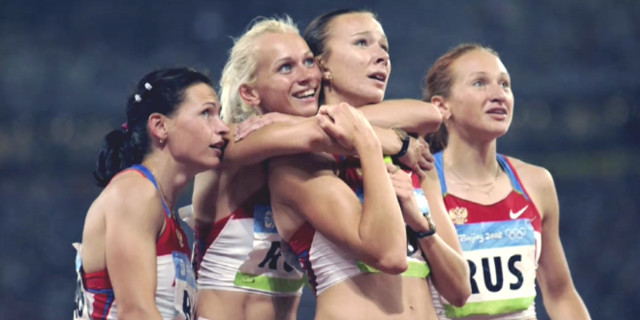The mass media have suffered the effects of the Internet much in the manner of the record industry, as consumers, conclusively sick of their shit, withdraw their attention. Their worry has gone from piracy to … being ignored.
Apparently this is news to radio, to such an extent that media consultants and their own industry press have to point out to them in 2016 that they’re now in competition not just with each other but with everything else.
Who here owns a radio? Leave out switching it on, who has one at all? I think the last radio receiver I possessed was the FM radio in my Nokia phone in 2008. I tried it a bit, as a curiosity, and it was all but unusable in practice; I stuck to the shiny ChiPod “MP4” player for my wandering-about audio needs. I think the radio before that was the tape player I used in Melbourne up to leaving in 2002, so I could wake up to Magic 693.
The last refuge of radio was the car, and that’s increasingly being replaced by the AUX plug hooked to someone’s phone. “And for many consumers, the ability to create playlists without erectile dysfunction or loan consolidation commercials is proving to be the superior option.”
Television, of course, knows who to blame: those darned millennials! (warning: autoplay video)
Back in June, Steve Burke described what he called his Olympics “nightmare.” “We wake up someday and the ratings are down 20 percent,” the chief executive officer of NBCUniversal said at a conference. “If that happens, my prediction would be that millennials had been in a Facebook bubble or a Snapchat bubble and the Olympics have come, and they didn’t know it.”
I’m 49 (Gen X), but this was me. I literally had no idea the Olympics had actually started until occasional posts about it showed up on Tumblr. Nor did I realise it was in Rio until then.
It probably doesn’t help that the International Olympic Committee literally tried to stop GIFs of Olympic coverage. This publicity strategy worked so well that people just didn’t bother.
My daughter spends her life on YouTube. (Watching Let’s Play videos. StampyCat and DanTDM rock her world — they are the Saturday morning cartoons of her generation.) I tell her horror stories of my day, when there were three channels and they only showed stuff at a particular time and if you missed it you couldn’t watch it again … She laughs at me.
I have noted how we knew damn well last decade that YouTube would shortly be a better television than television. Because computers + anything = computers.
The media hegemony broke absolutely the moment we could escape them.


It’s no surprise at all… I mean take a look at cassette industry. ..it’s absolete….that’s exactly what will happen to tv viewing. …I don’t think tv will be absolete but ….content will bemail hard to sell on tv
As always, the enemy isn’t piracy, but obscurity.
I’m totally stealing Teaflax’s comment above.
The problem with networks is that both value and costs are functions they need to be concerned with. The death-spiral of irrelevance of falling audience share and increasingly desperate appeals to the lowest common denominator, along with increasingly irrelevant and annoying advertisments is a combination of these two effects.
There’s an occasional exception, though even it fares poorly. Public or nonprofit radio, usually well outside the pop mainstream, survives. Some of it is listenable. Generally this is classical, jazz/blues, or folk / roots / bluegrass in music, and of course the public radio “news and talk” category — PBS, NPR, CBC, BBC, ABC (Australia), Deutsche Welle, and others. Unfortunately even this category has been plunging into irrelevance and annoyance, over the past 15-20 years. I can trace my own perceived annoyance to wall-to-wall coverage of Elian Gonzalez in 2000, with a steady decline across virtually all networks since.
What I’m substituting is directed search and research, often of obscure topics. My many reservations for its parent notwithstanding, YouTube offers a tremendous range of material, from current podcasts and vlogs to archival footage from studio vaults of the BBC, PBS, and other broadcasters. Newsfeeds (good old RSS) and a VERY carefully curated set of social media feeds supplies much the rest.
For music, with luck, a local noncommercial broadcaster (usually music), or Internet radio, is my usual go-to.
Broadcast-only is almost wholly dead to me.